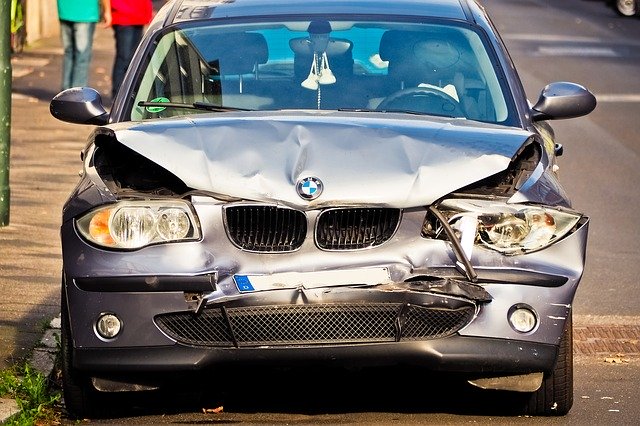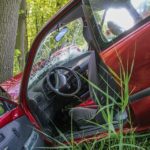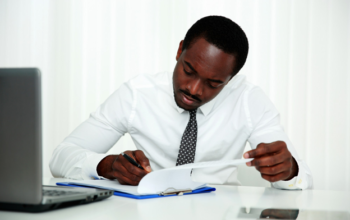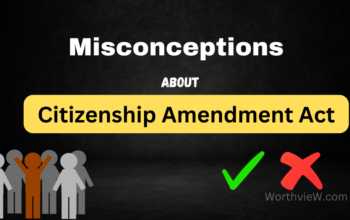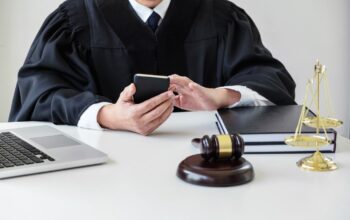An accident can be a scary experience, whether you’re alone or sharing the vehicle with others.
Rideshare services have been on the rise for commuting at a reasonable cost. However, professional services are not exempt from auto-collision accidents. If you’re in an accident as a rideshare passenger, there are recovery options you are entitled to.
Most rideshare organizations such as Uber, Lyft, and SideCar, all have strong liability policies to protect drivers, customers, and third parties. If you suffer an injury, you’re entitled to monetary compensation from the party at fault.
What Should You Do Immediately Following an Accident?
Although it can be a frantic scene, it is crucial to collect as much information as possible so that the party at fault can be easily determined.
If a driver is at fault, they likely violated a traffic law. Examples of these violations include texting, going above the speed limit, ignoring traffic signals, or failing to yield. Determining the fault of an accident can sometimes be a challenge.
Legal professionals that specialize in traffic and personal injury cases have the right skills to investigate the case and determine who is at fault.
How Lawyers Investigate Fault
If you’re physically capable of collecting evidence after the accident, it must be done immediately. First, of course, seek medical attention if you have injuries.
Some things to observe include your environment, the people around you, and the scene of the accident. Ask people for help if necessary; there are cases where witnesses provided vital information.
Seek Professional Help from a Legal Team
If you have suffered injuries, it is advisable that you seek the support of legal professionals that specialize in recovering compensation for your damages. Working with a car accident lawyer is risk-free as most work on a contingency basis. This means they only receive a payment if they win the case for you.
Be sure to collect the following evidence:
- Statements from witnesses, passengers, and other drivers. Watch out for anyone who discloses an admission of guilt. Listen thoroughly by letting people speak; don’t interrupt or change their version of the story.
- Get the names and phone numbers of all people involved, including witnesses. Describe as many details as possible about them.
- Ask for copies of police reports and citations. These contain valuable information for your legal case.
- Stay organized with all documents, including medical reports and invoices. These will help to prove the extent of your medical care and ongoing rehabilitation.
- Take pictures and videos that show the scene, including vehicles, damages, people, and other relevant information.
How Is Fault Determined?
The driver that caused the accident because of a negligent action is the one at fault. For instance, if a driver doesn’t notice that he or she doesn’t have enough space to cross an intersection as another car is turning, it can result in a major crash that can leave serious injuries. This is not to mention pain and suffering, which is sometimes overlooked, but can have a major impact on the quality of someone’s life.
Such an accident can cause serious devastation for the parties involved. The speed and position of the vehicles play a role in the gravity of the event. Clearly, in this case, the person who entered the intersection as a car was finishing a turn is the party at fault.
The Use of Technology to Determine Fault
We’re now fortunate to have traffic cameras at almost every intersection. These record 24/7 and are linked to the police force who can take immediate action in rescue efforts. It is a good idea to note any cameras you see and speak to local businesses that may have security cameras that point to the scene of the accident.
Letting Your Legal Team Take the Lead
Letting your lawyer guide you and communicate directly with insurance companies and police is the best choice. It is not wise to contact insurance companies yourself because it may result in no or lower compensation for your claim. You can also land yourself in some serious legal trouble.
Your legal team has the knowledge and experience to take you through each step of receiving compensation for your injuries.
Rideshare companies are prepared to deal with accident liability. As a customer of this service, it is only fair you receive the most compensation possible from your claim.
Related Posts

